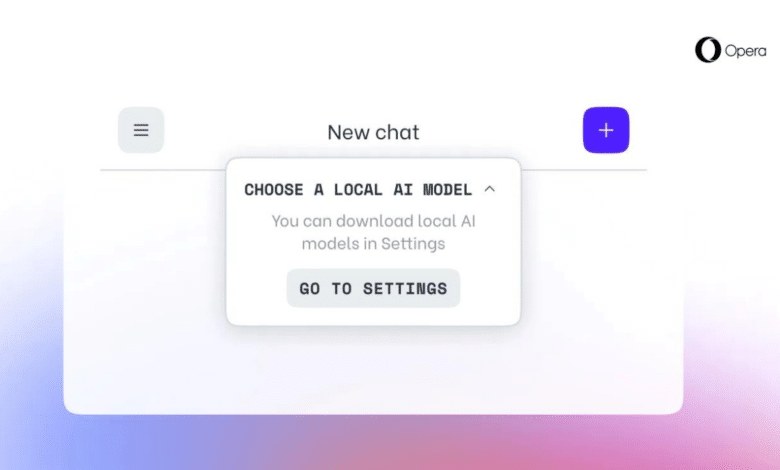Opera has announced that it now allows its users to download large language models and use them locally on their computers.
The web browser company based in Oslo is introducing a new feature for Opera One users, where users can now choose one of over 150 models from 50 different families.
These examples include Mixterl from Mistral, Llama from Meta, and Gima from Google.
This feature is provided to users as part of Opera’s AI program, aiming to give them early access to some AI features.
The company stated that they rely on the open-source framework Ollama to run these models through the browser on the computer.
All currently available models are a branch of the Ollama library, and the company plans to include models from various sources in the future.
Opera mentioned that each model may require over 2 gigabytes of space on your local device, so you should be cautious about your available storage space to avoid running out of storage.
Opera announced for the first time the availability of a wide range of local language models from external sources directly through the browser, with the size of these models decreasing as their specialization in specific tasks increases.
This feature can be useful if you intend to test different models locally, despite the presence of many online tools that allow you to explore various models, such as Poe and HuggingChat.
The large local language models allow processing your requests directly through your device without the need to send data to the server.
The addition provides quick access to local AI in the browser, allowing users to process requests efficiently and privately, even without an internet connection.
One benefit of local models is the absence of delays in communication with external servers, which can contribute to speeding up response time.
Opera has been experimenting with AI features since a year ago, launching an assistant called Aria in May and introducing it to the iOS version in August.
In January, the company announced that they are working on creating a browser that uses AI with a special engine for the iOS operating system following the Digital Markets Act regulations in the European Union, requiring Apple to get rid of the mandatory WebKit engine requirements for mobile browsers.


